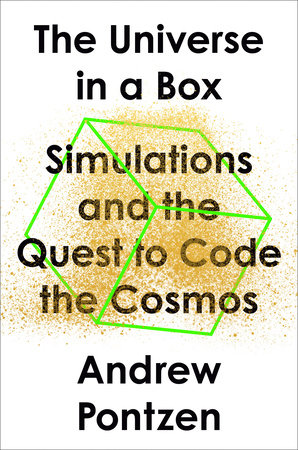
The Universe in a Box - Simulations and the Quest to Code the Cosmos
Publisher,Riverhead Books
Publication Date,
Format, Hardcover
Weight, 439 g
No. of Pages, 288
Shelf: Non-Fiction Books / General Interest / Popular Science
Kindly ask our staff if you cannot locate the shelf.
Cosmology is a tricky science—no one can make their own stars, planets, or galaxies to test its theories. But over the last few decades a new kind of physics has emerged to fill the gap between theory and experimentation. Harnessing the power of modern supercomputers, cosmologists have built simulations that offer profound insights into the deep history of our universe, allowing centuries-old ideas to be tested for the first time. Today, physicists are translating their ideas and equations into code, finding that there is just as much to be learned from computers as experiments in laboratories.
In The Universe in a Box, cosmologist Andrew Pontzen explains how physicists model the universe’s most exotic phenomena, from black holes and colliding galaxies to dark matter and quantum entanglement, enabling them to study the evolution of virtual worlds and to shed new light on our reality.
But simulations don’t just allow experimentation with the cosmos; they are also essential to myriad disciplines like weather forecasting, epidemiology, neuroscience, financial planning, airplane design, and special effects for summer blockbusters. Crafting these simulations involves tough compromises and expert knowledge. Simulation is itself a whole new branch of science, one that we are only just beginning to appreciate and understand. The story of simulations is the thrilling history of how we arrived at our current knowledge of the world around us, and it provides a sneak peek at what we may discover next.
About the Author
- Dimensions : 6.21 x 0.99 x 9.28 inches

